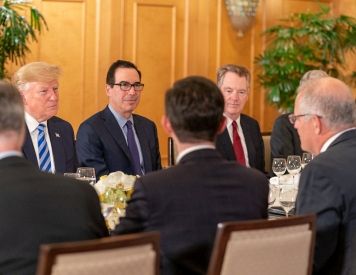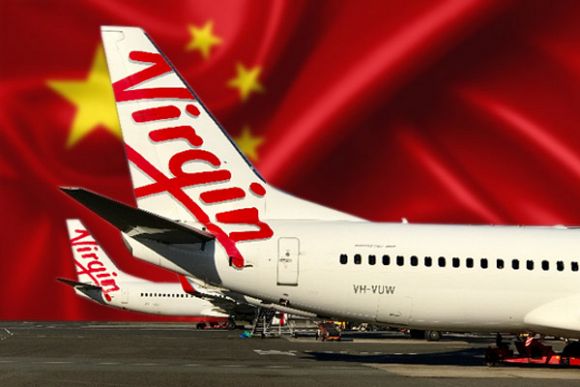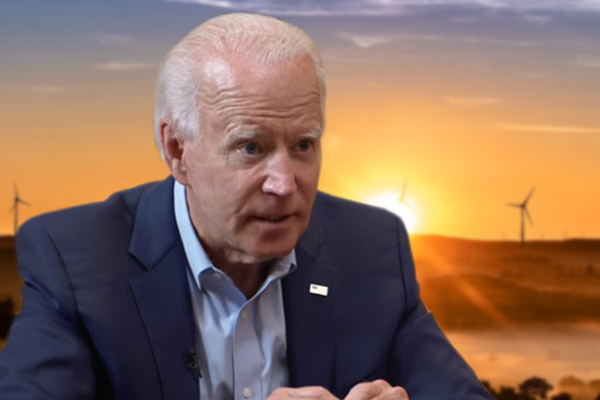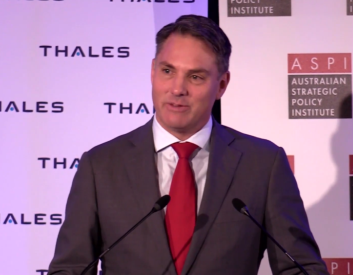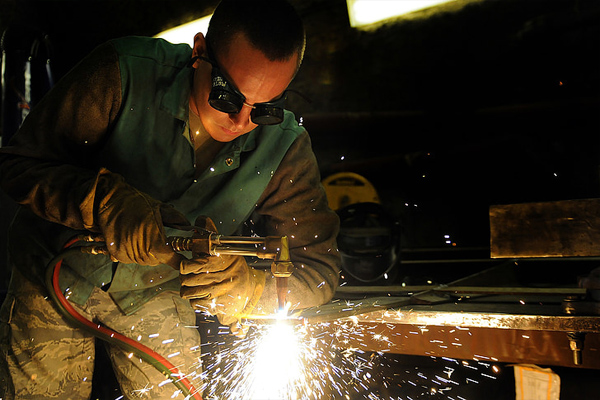The role of think tanks and lobby groups in the political landscape is one of the most underestimated in shaping the decision making of leaders and the wider population.
There are many myths and memes that these organisations perpetuate and one which is playing an ever-increasing role is the portrayal of China as a dangerous rising power. There are too many parts of the disinformation campaign on China to address wholly in one article, but a key part of the puzzle is that of the Australian Strategic Policy Institute (ASPI).
Before we discuss ASPI’s role in the propaganda system, we should address their funding. If we follow the money, the reasons for their belligerency towards China become clear.
The biggest portion of ASPI’s declared funding comes from the Australian Government’s Department of Defence. ASPI receives $4 million in “core funding”, but undisclosed in its annual reports are the millions in additional funding coming from commissioned reports for the Australian Government.
Another large portion comes from foreign governments. This is quite ironic, given the think tank’s strong stance on Chinese interference in Australia. The foreign governments funding ASPI, however, are all aligned with the opposing global powerhouse: the United States. The U.S. is a great supporter of ASPI, as are the British, Japanese and Taiwanese governments through various embassies.
A generous sum also comes from the “defence” industry, with Northrup Grumman, Raytheon, Thales, Lockheed Martin and BAE Systems all providing money through the sponsoring of various events according to the last available annual report. This is perhaps the most revealing part of ASPI’s funding given the revolving door that exists between the industry and both Australian and United States governments.
Given all of this funding from defence contractors and the governments that enable them, it is relatively easy to predict the reports that will come from ASPI in the current geopolitical conditions. They are unfailingly critical of China’s domestic and foreign policy, while predictably failing to report on grave atrocities that their funders enable, as is the case in Yemen.
These thinktanks perform a vital function in the propaganda system of which mainstream media is a crucial part. Outlets from the ABC to Sky News often refer to “experts” on these issues from professionally named organisations like ASPI, where the narrative favoured by these multinational weapons makers can be played off as unbiased analysis.
These foreign policy think tanks perhaps play a similar role to the Koch-funded network that plays a huge part in the campaign of doubt around climate change and government regulation. Playing on the fear of the population, these purported experts funded by massive corporations spread doubt about the scientific facts about climate change.
As detailed in books like Jane Mayer’s Dark Money and Michael E. Mann’s Hockey Stick and the Climate Wars, these campaigns have proven effective over decades.
By questioning the influence of these think tanks, some of the narratives that many take for granted can also be further examined. For example, ASPI has been a key part of the campaign against the alleged Uyghur oppression by the Chinese government in Xinjiang. These reports are systematically criticised by Chinese media, who deny the claims of ASPI along with the often-cited scholar Adrian Zenz.
Without necessarily making a judgement either way, understanding the incentives on both sides provides a much more nuanced, even if less clear, picture.
As the world moves into an era in which the power could very well shift from the United States and China, Australia’s role as an American outpost will only strengthen. The United States has dominated for almost a century through its military-industrial complex and the alternative in China’s infrastructure industrial complex is now building.
These are some of the biggest issues in our world today, but with a media captured by weapons-funded think tanks, we are likely to miss the full picture.
The media that we consume influences our opinions on many issues both in Australia and throughout the world, limiting the range of debate within acceptable bounds. If the media shapes our opinions so much, then we should be asking: who shapes the media’s opinion?
The role of think tanks and lobby groups is one of the most understated and yet critical parts of our political system. These organisations, funded by the real elite of our society, frequently serve their own interests of money and power.
Tim Cornwall is a writer and video creator with interests in politics, media bias, technology and philosophy. You can follow Tim on Twitter @tijaco_.
Related Articles
 This work is licensed under a Creative Commons Attribution-NonCommercial-NoDerivs 3.0 Australia License
This work is licensed under a Creative Commons Attribution-NonCommercial-NoDerivs 3.0 Australia License
Support independent journalism Subscribe to IA.




